To mark the end of the Sindh Festival, Bilawal Bhutto Zardari, the son of Benazir Bhutto, the slain former Prime Minister of Pakistan, officially established himself as the voice of the liberal mainstream in the country.
The Sindh Festival comprised of a fortnight of festivities in the Pakistani province of Sindh, to celebrate and promote Sindhi culture. The festival boasted all kinds of traditional and cultural activities ranging from art, literature, and film festivals all the way to a donkey derby.
The festivities, however, carried a heavy political agenda. As the brainchild of Bilawal Bhutto, co-chairman of the Pakistan Peoples’ Party (PPP) that runs the Sindh Government, it was meant to call upon the people of Sindh to take pride and ownership in their heritage and culture. It called upon the people of Sindh, and sent a message across Pakistan to fight the regressive right wing that tries to suppress the arts and other forms of entertainment.
Bilawal Bhutto delivers a fiery speech.
The Sindh Festival hoped to show the world that Pakistan has a rich and vibrant culture that refuses to get crushed under the pressure of the conservatives. As the festival came to an end, in his speech, Bilawal Bhutto, much to the delight of the traditional Pakistani left, came out and vociferously denounced the extremists, the terrorists and the right-wing “appeasers” and “apologists” of the terrorists. He pushed the Pakistan Peoples’ Party, a traditionally liberal party, back to where it belongs on the left of the ideological spectrum. This filled a long lasting vacuum on the left, since over the past few years, the PPP in order to survive in the establishment had moved closer to the center.
Credit must be given to certain ethnic regional parties like the Muttahidda Qaumi Movement (MQM) and the Pakhtoon nationalist Awami National Party (ANP) who stuck to their guns and maintained their position on the left while the post had been abandoned by the PPP. The MQM, despite many allegations against the party of involvement in organized crime, is a vocal champion of minority rights. It is the only political party that recognizes the need to guarantee religious freedom and security to Ahmadis, those belonging to the minority sect of Islam who are systematically persecuted and stripped off their basic rights to freedom of religion and practice in Pakistan.
Despite the MQM having large grass-root support in urban Sindh, their narrative does not resonate far beyond the boundaries of the cities of Karachi and Hyderabad. Their liberal counterparts, the ANP, were badly defeated in the elections of 2013 from the province of Khyber Pakhtoonkhwah (KPK) and therefore their narrative too does not carry much weight in the Pakistani conscience. Hence, the PPP, as the second largest party in parliament, is the only party that is capable of winning elections and support of the masses at the federal level.
Skeptics, however, fail to understand the importance of Bilawal Bhutto’s speech and the establishment of the PPP on the left. They accuse Bilawal of simply talking the talk. But in times such as now, in the complete absence of a left-wing narrative, talking the talk is exactly what Pakistan needs. The PPP is capable of providing resistance to the bulging conservative narrative of Pakistan. Given the right-wing mess that Pakistan has found itself in, by just providing a liberal alternative and a party for liberals in the country to rally around, the PPP can attempt to restore political parity.
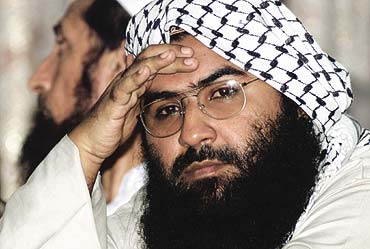
Notorious militant Maulana Masood Azhar.
Pakistan is a country where three al-Qaeda linked professors were recently apprehended from Karachi University, one of the largest universities in Pakistan’s biggest metropolis. Moreover, wanted terrorists were recovered from the dorm rooms of the students belonging to the Islami Jamiat-ul-Taleba (IJT), the student wing of the far right Jamat-i-Islami (JI) in Punjab University in Lahore. Notorious former militant extremists Maulana Masood Azhar and Mufti Muhammad Asghar Khan Kashmiri were respectively chair and chief guest at a speech competition in the Punjab University on topics of Jihad. The leader of the far right, JI, declared a top Taliban leader, who is responsible for the blood of thousands of innocent Pakistanis, a martyr, which is a precious title for Muslims to award someone upon their death. The JI is part of a coalition government in the province of KPK, and upon making this statement, the majority party, the Pakistan Tehreek-i-Insaf (PTI) made no attempt to distance themselves from their coalition partners. It is needless to say that Pakistan is desperately in need of a liberal narrative to resist this conservative fiasco in the country.
A lot of good can come of simply placing the PPP on the left once more. In his speech, Bilawal Bhutto evoked the name of Dr. Abdus Salam, one of the two Muslim Nobel memorial science prize winners and the forgotten pride of Pakistan. The right refuses to even acknowledge his existence because of his religious preferences—he was Ahmadi.
Pakistan’s only Nobel laureate, Abdus Salam.
Pakistanis need to be reminded that such people exist and they are the real heroes of Pakistan—not the ‘martyred’ militants butchering innocent Pakistanis. By placing itself firmly on the left once more, the PPP can occupy some social space in Pakistan and push the right-wing out.
Intellectuals, artists and liberals from a cross-section of Pakistani society can gather under one banner and form a louder voice and a platform to spread their ideology of minority rights, women’s rights, and an end to the appeasement of the extremists and pull Pakistan further away from religious dogma. The PPP can once again attempt to revive its now practically defunct liberal student outfits and challenge the writ of the conservatives across university campuses in Pakistan. All this can be achieved just because Bilawal has revived the mainstream left, only through his words. Talk is most certainly not cheap in a country where few of the right words are spoken.
However, there are a few obstacles in the way of a liberal resurgence. In the elections held in 2013, the PPP was routed in the province of Punjab by the center-right Pakistan Muslim League-Nawaz (PML-N). Unfortunately, in order to really shake the status quo in Pakistan, due to demographic and socio-political realities, one really needs to have grip, albeit loose one, on Punjab. Five years of incompetence in the center alienated the traditional PPP voters in the south of Punjab and in Lahore. The PPP will need to show effective government in Sindh if it is to revive its vote bank in Punjab and that will be a tough task for Bilawal Bhutto.
History is also an obstacle for Bilawal Bhutto. Whenever it is time for action, the PPP has historically abandoned its leftist approach and tried to appease the right. Bilawal Bhutto’s grandfather Zulfikar Ali Bhutto, the founder of the PPP, abandoned his left-wing narrative in the 1970s and initiated the Islamization process in Pakistan due to his insecurity and pressure from the right. Bilawal’s mother Benazir Bhutto was responsible for helping establish the brutal Taliban government in Afghanistan with the help of the Pakistan army all in the name of strategic interest. Pakistan was among the only three countries (UAE and Saudi Arabia) that accepted the barbaric Taliban regime. So perhaps the most pertinent question to ask is that once the narrative has been reestablished, will Bilawal Bhutto follow in his family’s footsteps or will he make legitimate progress for the liberals?

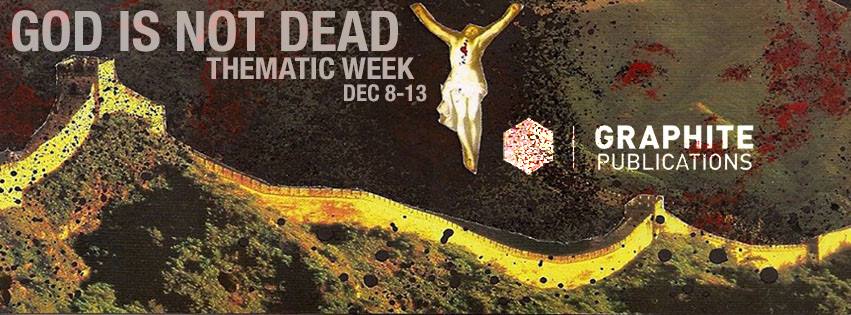
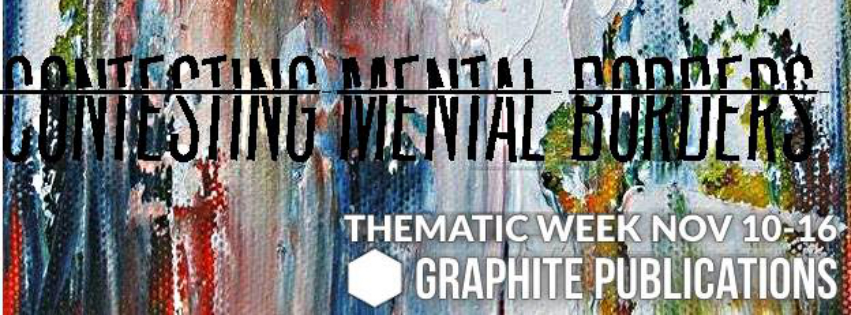
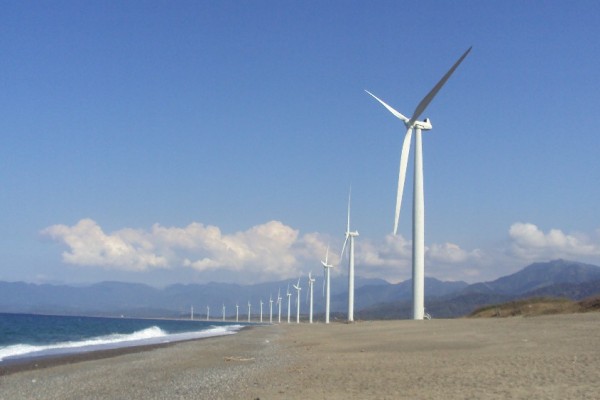

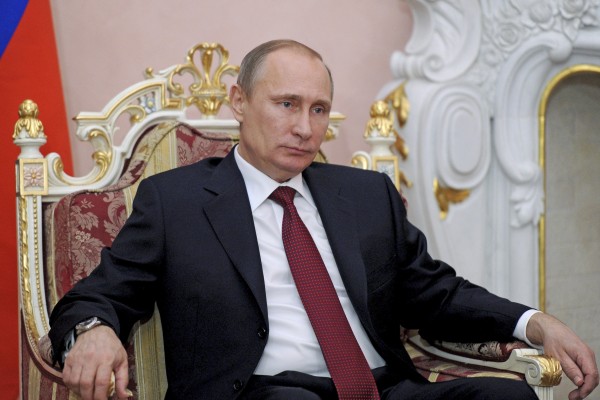

Elias KvB
Sharik, very good article. I am interested, however, in what light Bilawal Bhutto is held in Pakistan, i.e. is he seen as a credible leader? For in politics it is difficult to separate the message from the messenger, and if the messenger lacks legitimacy, then his message-however constructive it may be, and a more left leaning narrative is certainly a refreshing development in Pakistan’s current political environment-may suffer in consequence. And if the political left suffers in due to Bilawal Bhutto’s mishaps, this would be to the detriment of other more well intentioned political actors in Pakistan-if such actors exist, and I am sure they do. I am merely curious, as I know not enough about the issue.
Sameer T. Changi
Interesting point. He is seen as a credible leader by Sindhis (Pakistan votes ethnically) as he filled the PPP power vacuum. That’s the problem with politics, and one must never separate them. But I think you have made a mistake in tacitly equating “well-intentioned” to “left”. Pakistan has many political leaders who might be well-intentioned, but far from leftist, specially in terms of their outlook on religion — a pivotal issue. This article was showing how the left has been suffering anyway, and it is important to bring back this narrative in Pakistan because “well-intentioned” people do not see secularism or leftist policies as the way forward at the moment.